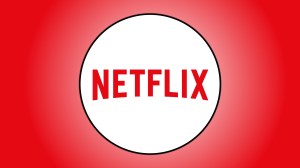Whether we’re talking about movies or comics, one thing seems to be holding true lately–the guesses that fans and critics make before a property is released are, by and large, coming true. Sometimes those expectations are even being exaggerated in the final outcome.
How Much Do Pre-Release Perceptions Affect Reality?
Whether we’re talking about movies or comics, one thing seems to be holding true lately–the […]












